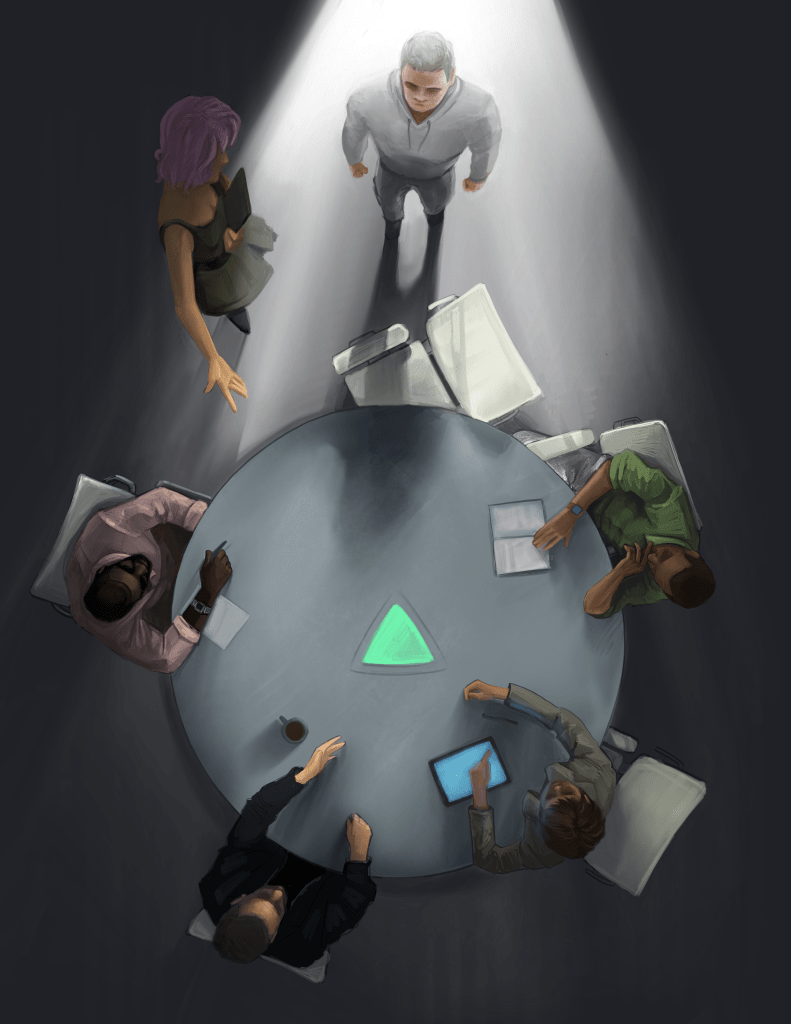
Interviewing developers: what to listen for
So, you need to start interviewing developers. Do you know how? Can you tell if a developer actually knows what they are talking about or just blowing smoke?
It is tough for non-technical people to evaluate technical expertise. Most fall back into patterns like “they sounded like they knew what they were talking about” and “Wwe seemed to click”. These are great feelings but they are subjective, not objective and they can lead you to make uninformed decisions.
In this article series, we will take a look at some of the things that non-technical people who need to hire technical people must do.
As an interviewer, the most important part of your job is not asking questions to draw out information, it’s to listen. That’s hard for a lot of us.
Believe it or not, it’s harder for developers than non-developers in an interview situation. When a developer is interviewing another developer there are egos involved. Developers may be introverts but that doesn’t mean they don’t have egos. Developers as interviewers will want to posture, sometimes ask trick questions to subtly show they are above the candidate.
Non-developer interviewers have an advantage here. They can ask questions and sit and focus on the answer and the candidate.
What to Listen For
The point of asking questions in an interview is to listen to the answer. If you are preparing your next question while the interviewee is answering then you are simply wasting everyone’s time, since you won’t know any more about the candidate when they leave than you did when they walked in.
First and foremost, in an interview, your job is to listen. Take notes. If the interviewee is going too fast, ask them to pause for a second so you can write something down. Jot down your impressions and then allow them to continue.
Listen for passion when talking about previous projects. If they can’t get excited about any of the projects in their past, they probably won’t get excited about yours.
Listen for excuses. There’s always a reason something bad happened but if the candidate deflects blame or responsibility to their previous boss or team, that’s a yellow flag.
One of my favorite stories to tell when I am being interviewed for a job is about the time that as a Director of IT, one of my developers deleted half of the production database. We had a backup but it cost us 12 hours of productivity to get the system back up.
Every time I tell that story I emphasize that as the Director, the entire incident was my fault. I failed to make sure that checks were in place to keep a developer from doing this. I talk about the fact that I learned that you don’t fire someone who just made a mistake, because you just paid for them to learn an expensive lesson. I also discuss what I did to make sure it would never happen again.
I do not blame the developer or the database admin, even though they both played roles in the failure. Instead I talk about me and what I learned.
I talk with passion about this huge mistake I made because I learned so much from it. I also got a couple of teachable moments out of the incident, one of them with the database admin.
The point is, I’m passionate about it. People can tell from my voice inflection, my body language, how I describe the players in the little drama. As an interviewer, those are the cues you want to pick up on.
After asking an open-ended question like “Tell me about your biggest failure”, sit back and listen. Listen to how they talk about projects, bosses, and teams. If they are willing to talk bad about a previous boss in an interview, they will be willing to do the same about you when they move on from your team.
Listen with your eyes
Look for people who smile when they talk about teams, projects, or bosses. Look for the smile in their eyes as they talk about co-workers. Watch their body language as they talk about both the good and the bad projects they’ve worked on. Body language and demeanor can tell you a lot in terms of how the person feels about what they are talking about.
No, you don’t only hire people that are excited and upbeat. On the other hand if an interviewee can’t get excited about something in their past, that’s a yellow flag.
Wrap Up
Listening is the most important thing that you as an interviewer can do in an interview.
- Listen to the answers
- Listen to the demeanor
- Listen for excitement
- Listen for the body language
Once it’s all over – and not during the interview – close your eyes. Can you see someone talking like this on your team? If so, you might have a viable candidate.
If all of this scares you, you can always call in a professional. Gun.io screens every developer on the platform through a panel of software developers. By the time you talk to them, you can rest assured that they can do the job. At that point all you need to decide is “can they do the job for you?” Contact us and let us show you how quickly we can get you a developer that can talk to – and listen to – about your project.



